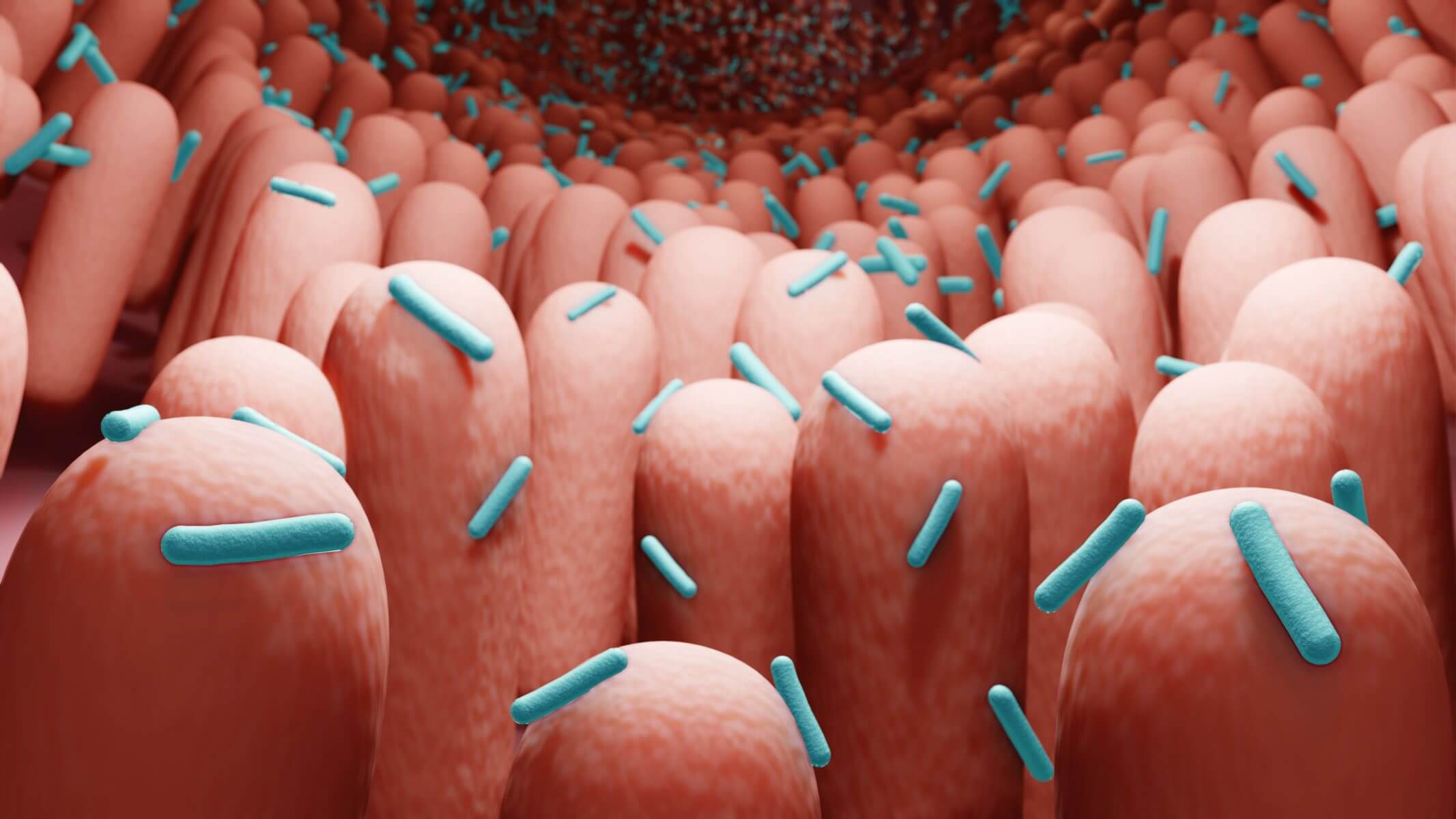Microbiome Health Screening

What is the Microbiome?
The Microbiome inside our bodies influences many aspects of our health – and is as individual as we are. Literally trillions of microorganisms, such as bacteria and fungi, live in the "tropical rainforest" of our gastrointestinal tract. That’s more than the number of stars observable in the sky.
Despite being one of the most widely researched parts of our body, there are relatively few specialised analysis and treatment services to help patients improve the health of their gut microbiome. La Maison Medicale has become a pioneer in this exciting field of medicine, offering highly effective diagnosis and treatment programmes specifically tailored towards each individual patient.
There have been proven links between microbiome and conditions such as:
•Bowel Cancer
•Anxiety
•Immunity
•Obesity
•Diabetes
•Insomnia
•Brain development
A microbiome analysis and treatment plan can offer another option to address any issues that patients have previously unsuccessfully attempted with other therapies.
How it works
La Maison Médicale offers analysis and treatment based on the latest scientific research in cooperation with some of the world’s leading experts in this field.
1. Questionnaire
After a patient books a programme, they are asked to fill in a simple questionnaire on their digestive habits and general health and wellbeing. They will also have an initial consultation with a lead microbiome doctor.
2. Analysis
A stool and urine analysis sample is then sent to our specialist microbiome lab. The results will take approximately 3 weeks.3.
3. Results and Treatment
Once the patient’s results are in, they will have a dedicated one-on-one consultation with our lead microbiome doctor, who will take them through their individual results. If any issues are identified or if there is any further follow-up required, the patient will be prescribed a tailor-made treatment plan, as well as any recommendations for further medical explorations if necessary.

What else is it linked to?
Obesity
Hepatic steatosis or fatty liver
Type 2 diabetes
Irritable bowel
Chronic inflammatory bowel disease
Allergies
Auto immune disease: spondyloarthropathy, polyarthritis
Depression
Alzheimer Disease
Parkinson disease
Post covid syndrome / Long Covid
Can the microbiome play a preventive role?
Prevention of cardiovascular risk factors
Colon rectal cancer prevention
Immune assessment

